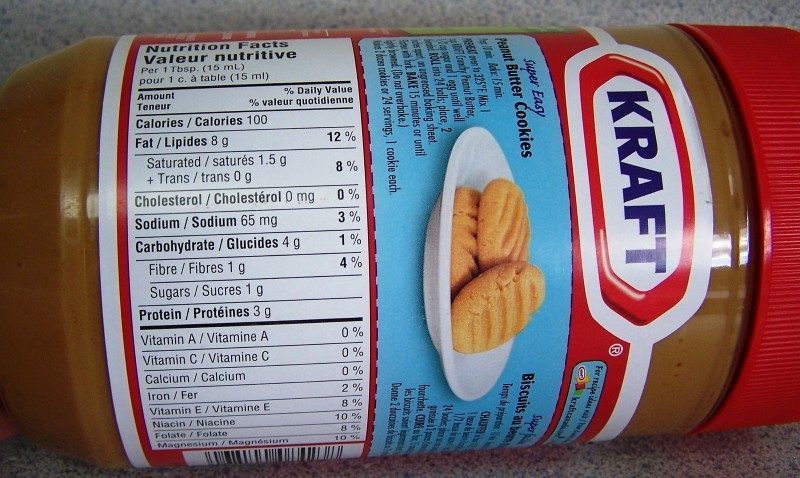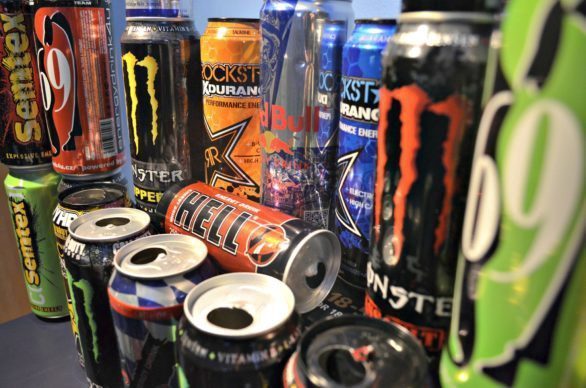
Food imports that don’t contain nutrition labels (with some exceptions) are now banned from entering Qatar, the country’s health ministry has announced.
The move comes seven months after Qatar adopted GSO 9:2013, a Gulf-wide regulation regarding prepackaged foodstuffs.
Importers were given a grace period to meet the new rules, which took effect Jan. 1, the Ministry of Public Health (MOPH) said in a statement this week.

During the first phase of implementation, nutrition labels must be present on food in English, and eventually will be required in Arabic as well.
This information, which includes the number of calories in a serving and ingredients in the item, help promote healthy eating, the ministry explained.
Imports without these labels will be held until they meet the new requirements.
Exemptions
However, there are exceptions.
MOPH said that fresh vegetables, fruits, meat and fish that are imported as non-packaged items for sale are exempt from the labeling requirements.

So are ingredients imported by businesses for use in kitchens and manufacturing.
Other exemptions include:
- Prepackaged food items that are small (not exceeding 20 square cm);
- Water in any kind of packaging; and
- Food items imported for non-commercial use.
Labeling
Also last year, Qatar adopted a tougher stance on energy drinks for health reasons, requiring them to be sold with warning labels.
The labels, which can be seen on drinks like Red Bull, caution pregnant or nursing women, children under the age of 16 years old, those with heart diseases and people allergic to caffeine against consuming the product.

Additionally, energy drinks must now be sold separately from other products in the refrigerated beverages section of stores.
For years, authorities have also discussed requiring calorie counts to be displayed for foods sold in restaurants. But this has yet to become mandatory.
Thoughts?






